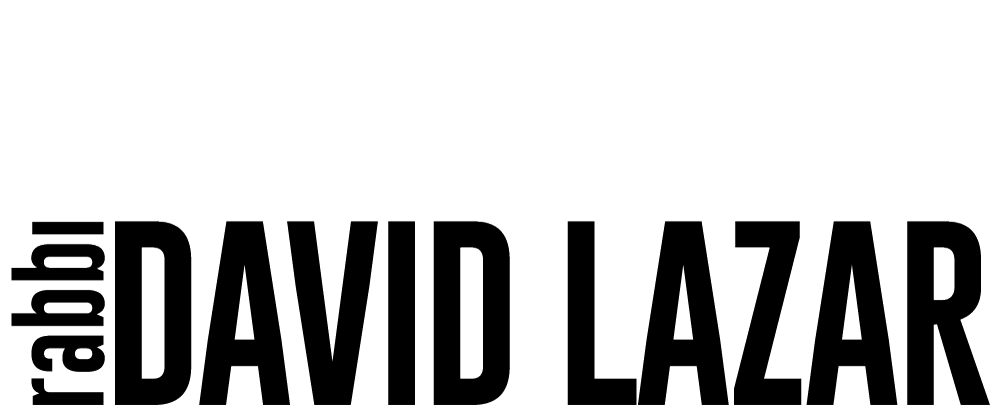
06 Jul Parshat Balak – Opening our eyes and our mouths
It’s not often that we get a talking animal in the Bible. In fact, Balaam’s she-ass, whom we meet in this week’s Torah portion, is one of only two. Aside from her, the non-Israelite prophet’s preferred mode of transportation, we have the snake in the Garden of Eden story. And you know how that turned out!
However, unlike that evil and seductive slithering creature who convinced Hava, Eve, to partake of the forbidden fruit, our speaking donkey is actually a source of truth, and in fact a positive character in a story filled with ill-intentioned individuals. It is she, not her master, who sees the angel of God blocking the way. This scene is a particularly ironic in the Balak-Balaam story given the fact that the latter was a prophet by profession. While the usual word for prophet and prophecy in the Bible stems from the root NV”A, as in navi, nevua, we do find another word, albeit quite rare, which stems from HZ”H, as in mahzeh, meaning “prophecy” (Gen. 15:1) and hozeh (2 Chron. 35:15) which means “seer,” or one who sees. It is funny that this animal, often thought of as rather stupid, is the one who sees the Angel of God, something the Seer cannot see himself . . . that is, until God opens his eyes.
 Tzenah U’renah, Germany, c.1775, Gross Family Collection, Tel Aviv
Tzenah U’renah, Germany, c.1775, Gross Family Collection, Tel Aviv
The Torah emphasizes this irony quite cleverly with similar wording:
וַיִּפְתַּח ה’ אֶת פִּי הָאָתוֹן – The Lord opened (vayiftah) the ass’s mouth
וַיְגַל ה’ אֶת עֵינֵי בִלְעָם – The Lord uncovered (vayigal) Balaam’s eyes
So this lowly beast of burden comes to teach us a great lesson in understanding the world around us, that is, seeing the reality and not just looking around.
It is a little unclear in our story, at least the way it has reached us in its present form, exactly what upset God so much in Balaam’s behavior.
Was it greed? After all, Balak had offered the prophet-for-hire a great treasure as payment for cursing the Israelites. But then, Balaam had made it clear that he could only deliver a message that God had sent him.
Was it ego? It must have been quite an honor to be visited by and to be needed by all those Moabite dignitaries. But then, Balaam did have them go through a lengthy set of rituals before each of his attempts to curse the Moabite’s enemy, implying that he was not all important in this mission.
While the Torah is a bit ambivalent about this non-Israelite prophet and his intentions, the sages of the Talmud were quite certain that he was just plain evil. In fact, here too the donkey becomes a type of instructor of values and ethics.
The Babylonian Talmud (Sanhedrin 105b) picks up on the similarity between our story and that of Avraham setting out to sacrifice his son Yitzhak, with both stories featuring an ass:
“And Balaam rose up in the morning, and saddled his ass” (Num. 21:22) –
A Tanna taught on the authority of R. Simeon b. Eleazar: Love disregards the rule of dignified conduct. [This is deduced] from Abraham, for it is written, “And Abraham rose up early in the morning, and saddled his ass” (Gen. 22:3).
Hate likewise disregards the rule of dignified conduct: [this is deduced] from Balaam, for it is written, “And Balaam rose up in the morning, and saddled his ass.”
Avraham, with his intense love, and Balaam with his burning hatred, were both led to disregard their social standing by saddling up the animal on their own, and not waiting for, or allowing, their servants to do so.
It seems clear, not only from the biblical and rabbinic traditions, but also from our own life experience, that intense love and burning hate can both blind us to reality and cause us to disregard all social norms. While perhaps this might sometimes be advantageous, especially when it comes to love, and to giving people the benefit of the doubt, we must always try to suspend our own feelings towards a person or situation in order to not only see the person, the situation and the world, as they really are, but to also speak the truth.
Shabbat Shalom


No Comments